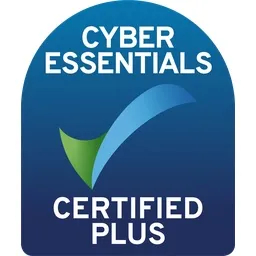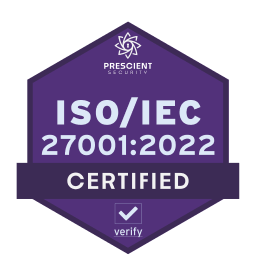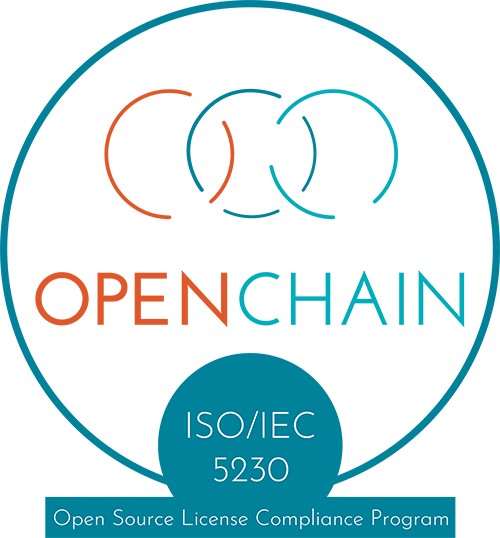A digital sovereign workplace for the public sector
A suite of digitally sovereign office applications built on open source
A new era of computing
The Federal Ministry of the Interior (BMI) and the governmental
Center for Digital Sovereignty (ZenDiS)
are driving the initiative for an alternative
digital sovereign workplace
, based on open source software. This directly plays into the German Administration Cloud Strategy (DVS) led by the Federal CIO of the government.
It will give German public sector organizations a comprehensive product suite for a complete workplace platform, including productivity, collaboration and communication.
Called openDesk, the new platform delivers digital sovereignty - the ability to self-host, own and manage data.
Working in a Purple Submarine: Matrix in openDesk.
Independence delivered by open source
An open source digital sovereign workplace gives Germany’s public sector organizations technological independence - not just independence from traditional Big Tech firms, but freedom from relying on any vendor. Open standards, too, help protect against vendor lock-in.
Open source software also ensures competition and innovation from a vibrant tech ecosystem and improved security as a result of transparent code. It also ensures competitive pricing, and that organizations are always able to bring their entire IT infrastructure in-house.
Germany’s embrace of open source software aligns with the
European Commission’s Open Source Software Strategy
, and the EU member states signing of the Berlin Declaration on the Digital Society which favors common standards, modular architectures and the use of open source technologies in the development of digital solutions.
A complete workplace
openDesk provides all the common productivity and collaboration tools needed by the German public sector.
The software package is made up of leading solutions from open source companies, with Element serving the communication and video conferencing components. Other partners from the open source ecosystem are
Nextcloud
,
OpenXchange
,
Univention
,
Collabora
,
OpenProject
,
XWiki
and
Nordeck
.
Matrix brings data sovereignty to real time communication
Matrix-based Element is the secure communications and collaboration platform (providing messaging, voice and video) within openDesk.
The decentralized Matrix protocol means that Element can be self-hosted, or hosted by an approved German service provider.
The Matrix open standard also ensures that Element is interoperable with any other Matrix-based system and offers the protection of end-to-end encryption.


